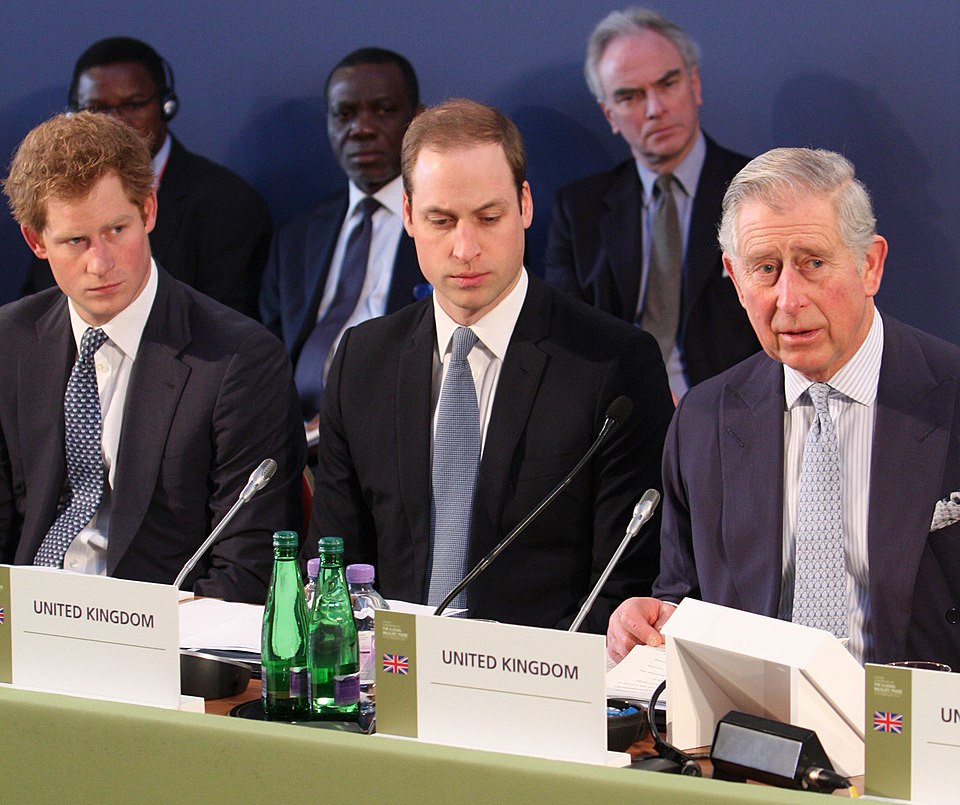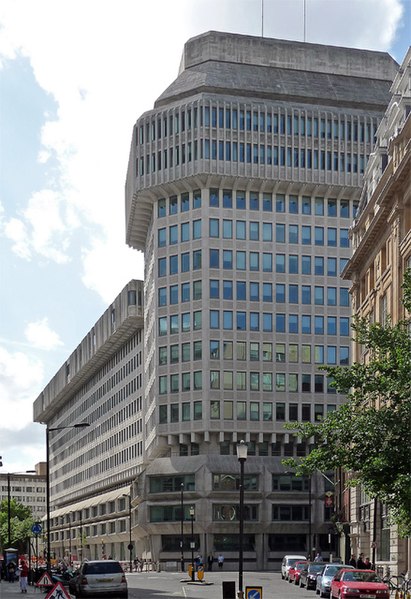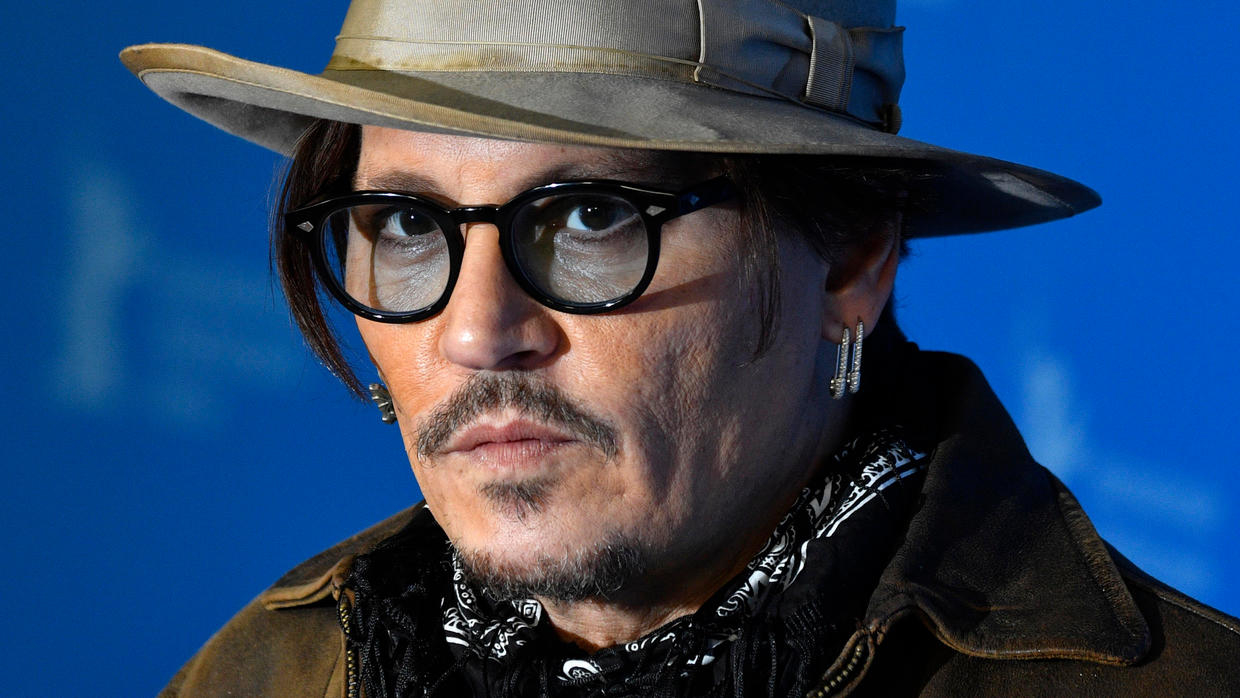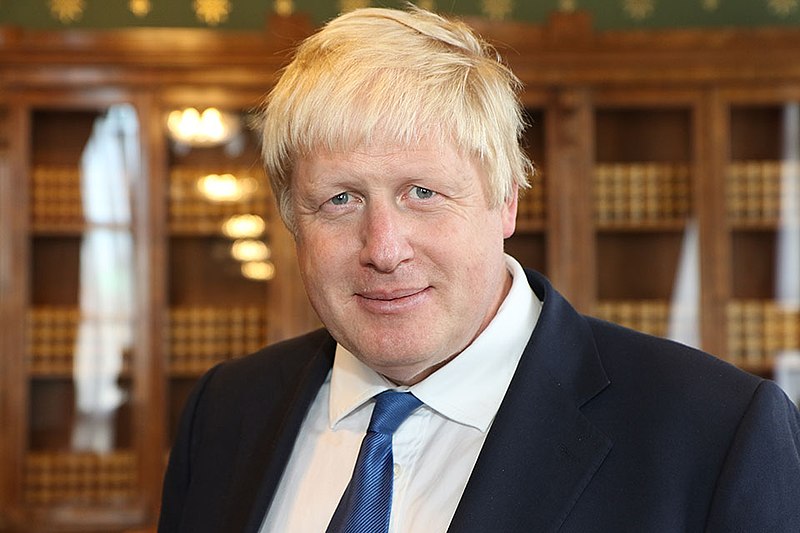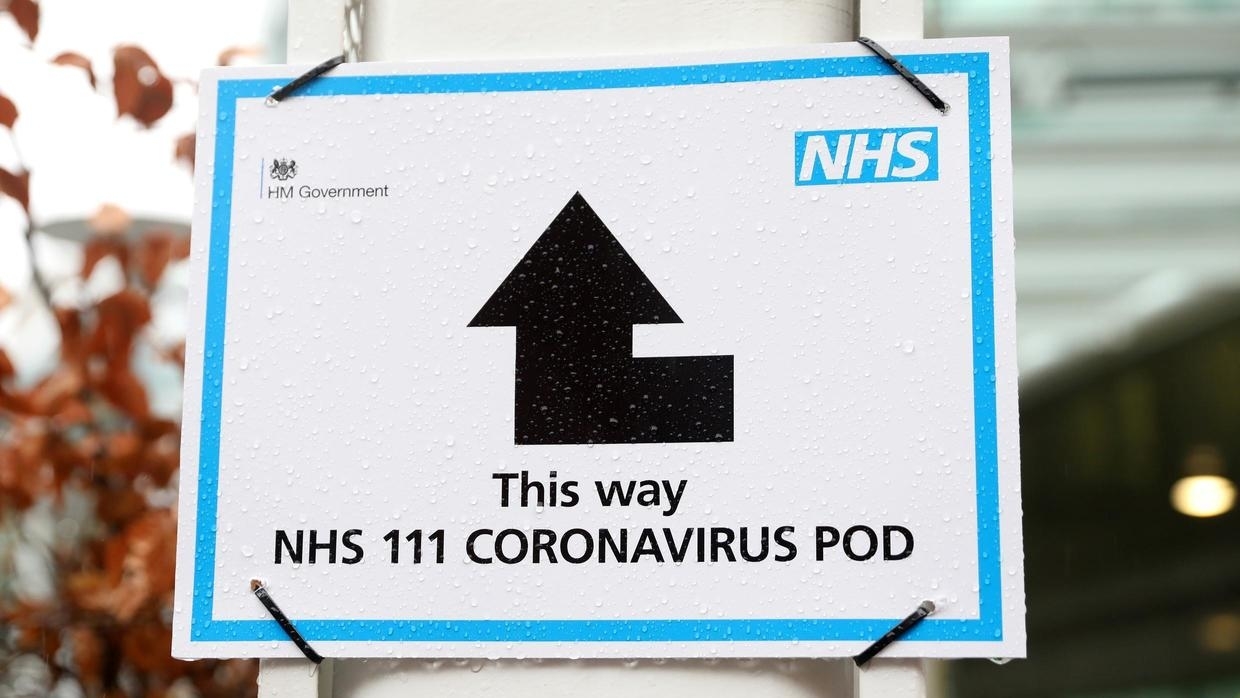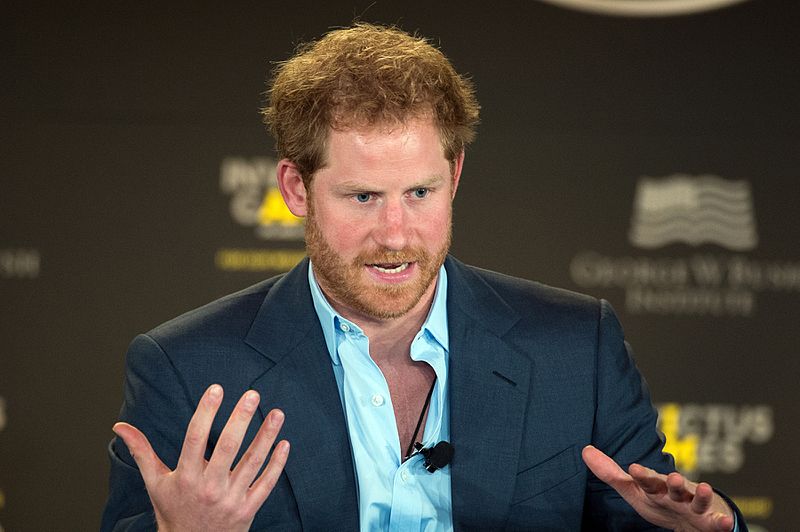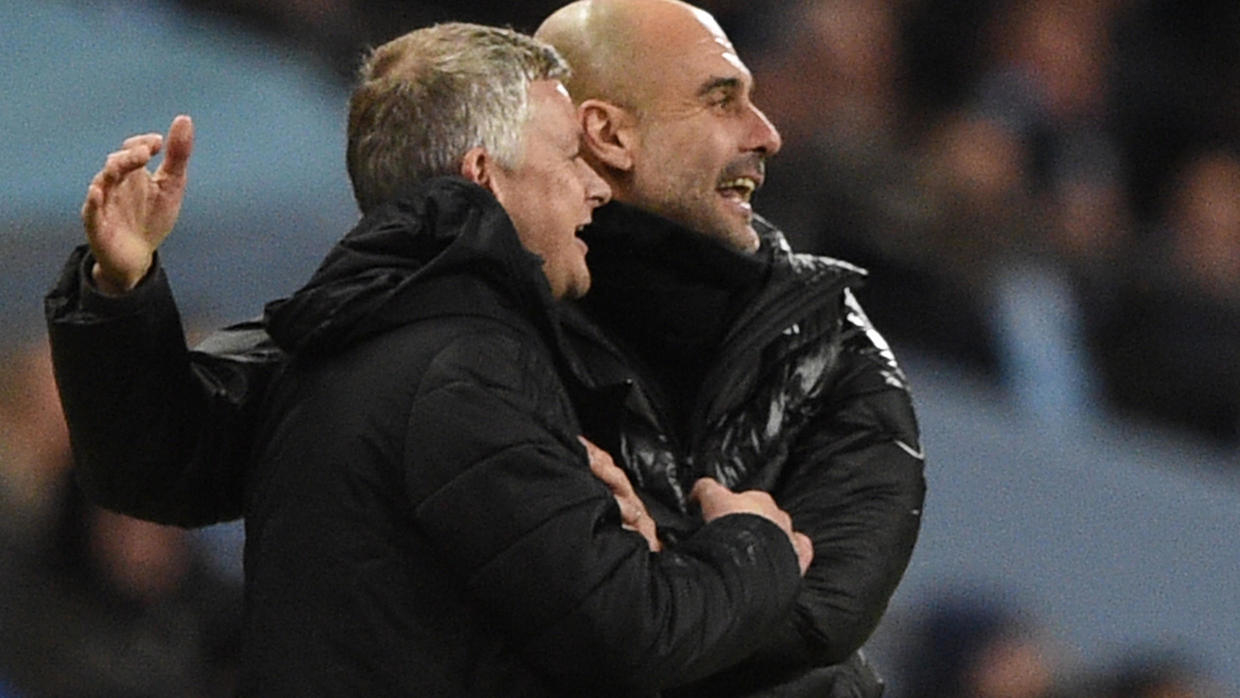
The pound dipped against the dollar on Wednesday, pulling back from its two-and-a-half-year high reached the previous day, as investors shifted their attention to the
upcoming British budget next month and the Bank of England's (BoE) interest rate decision, which will follow eight days later.
Sterling fell by 0.30% to $1.33725, ending a five-day streak of consecutive gains.
"Sterling may be facing a significant challenge with the UK budget on October 30," said Jane Foley, senior forex strategist at Rabobank. She noted growing concerns about the likelihood of tax hikes in the budget, which could impact investor sentiment.
"It seems that investor sentiment has become more cautious, particularly with the expectation of tax increases in this budget," Foley added.
Uncertainty surrounding the policy direction of Britain's newly elected Labour government may also be affecting business investment and consumer spending, according to Bank of England Monetary Policy Committee member Megan Greene, who spoke on Wednesday.
Finance Minister Rachel Reeves has indicated that some taxes are likely to rise when she delivers her first budget on October 30.
Last week, the BoE kept interest rates steady and signaled caution about future rate cuts. Markets anticipate only 40 basis points more in cuts by December, which would bring the base rate closer to 4.50%.
Analysts at Unicredit expressed a bearish outlook on sterling in a note to clients, citing expectations for more aggressive monetary easing from the BoE in 2024 to address a worsening UK economy and tighter fiscal policies, which are likely to be outlined in the autumn budget.
In contrast, the Federal Reserve last week cut interest rates by 50 basis points and futures markets are pricing in another 75 basis points of cuts before the end of the year, which would bring U.S. rates to around 4.00%.
Against the euro, sterling dropped to 83.6 pence, after trading near its strongest level since April 2022 earlier this week.
Foley noted that the dip was not unexpected, as the pound had appreciated significantly against the euro towards the end of last week and into this one.
Despite this recent pullback, the pound remains the top-performing G10 currency against the dollar this year, with a 5.4% gain, compared to the euro's 1.3% rise as the second-best performer. The slower pace of expected UK rate cuts relative to other regions has provided sterling with a competitive edge over other major currencies.







